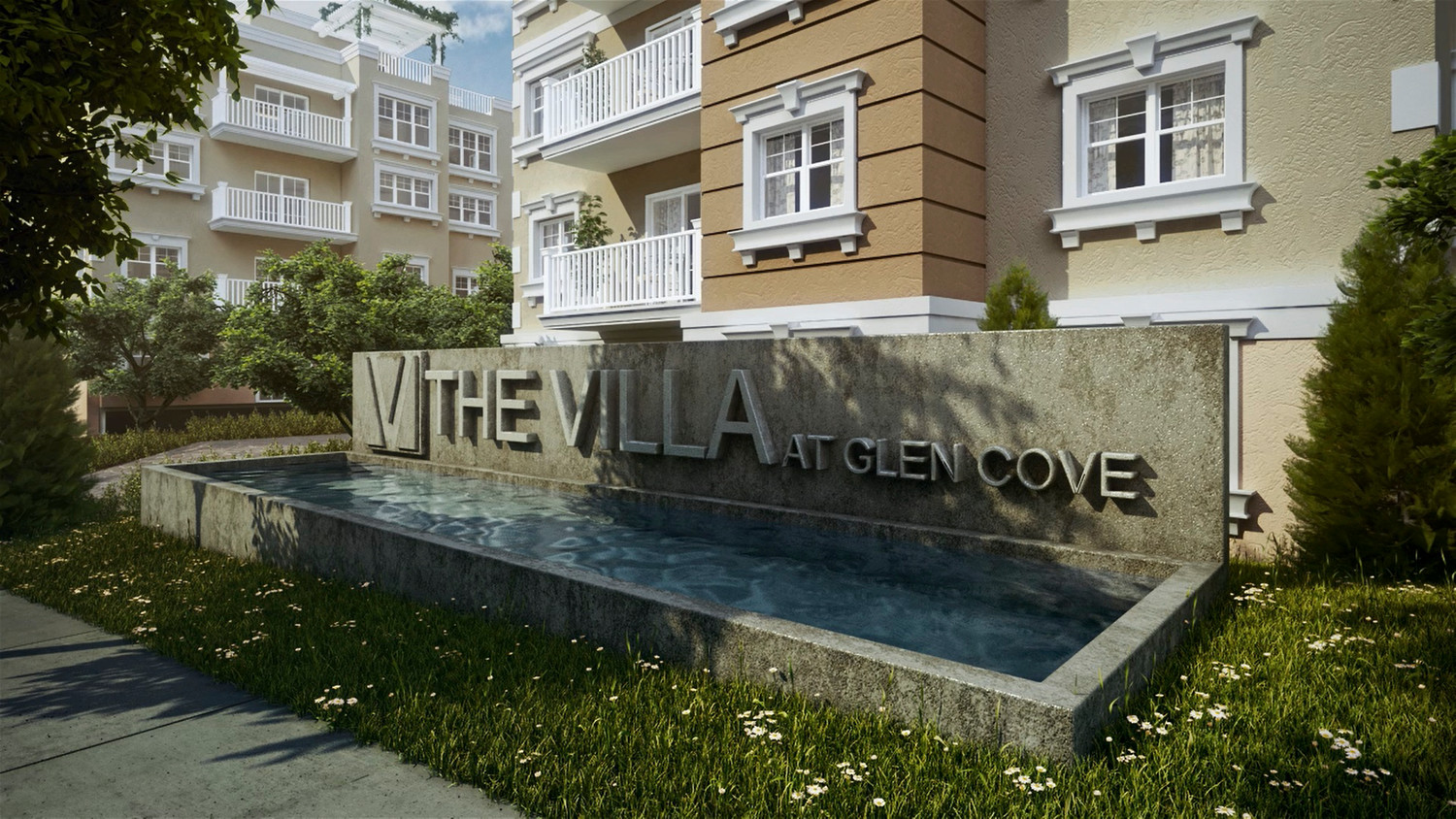Silverman, Villa legal saga continues
Councilwoman mulls appeal; developer alleges defamation
Glen Cove City Councilwoman Marsha Silverman and her wife, Roni Epstein, have filed a notice to appeal an Oct. 4, 2017, order by the Nassau County Supreme Court dismissing their lawsuit against Livingston Development Corp., the city, the Glen Cove Planning Board and others over Livingston’s Villa project. People familiar with the case say that a deadline to perfect the appeal is fast approaching.
The couple declined to elaborate on the status of the litigation, nor would they say whether they intended to move forward ahead of the deadline.
Livingston — which did not reply to several requests for comment — agreed in April 2016 to reimburse the city’s legal fees associated with the case.
The Villa at Glen Cove is being developed on about four acres of blighted property along Craft and Ralph Young avenues. It will comprise 176 condominium units in six 2½- to four-story buildings, with 16 units of affordable housing.
In their suit, Silverman and Epstein claimed, among other arguments, that the city did not take the necessary “hard look” at the environmental impact of the development. If it had, the suit alleges, it would have found soil contamination that would have triggered more thorough studies.
The day before Judge George Peck dismissed the case, and about a month before the 2017 election in which Silverman won a seat on the City Council, Livingston filed a defamation lawsuit against Silverman and Epstein, claiming that the couple moved into their home adjacent to the Villa property in 2011 — years after zoning changes and environmental studies were completed — with the specific goal of launching Silverman’s political career by sabotaging the development.
“If we had known about the plans for the Villa, we absolutely would not have moved in,” Epstein said. She noted that while shopping around for homes, she had checked the city’s zoning map, which is posted online. At the time, according to a log of updates included with the map, it did not reflect the changes that allowed the development to proceed until two years after the couple moved in.
Former Glen Cove Mayor Reginald Spinello — whose letter to the editor in last week’s Herald Gazette blasted Silverman for misrepresenting his administration — said that in his opinion, the lawsuit against Livingston was “absolutely politically motivated,” an attempt to tap into a segment of the Glen Cove electorate that resists change.
“There are many passionate people in Glen Cove who unfortunately say no before they get all the facts,” Spinello said, adding that he believed Silverman “interprets the facts to her own benefit and doesn’t want to know what the reality of the situation is.”
Spinello said he supported the Livingston project, and added that even though it began under a Democratic administration — Ralph Suozzi’s — “nobody wanted to figure out how to pay for it, but I got it done at no cost to the taxpayers.”
As for the litigation, Spinello said, “The lawsuit speaks for itself. It has nothing to do with me.”
Livingston’s defamation case cites numerous posts that Epstein and Silverman had made on various Facebook pages, which, it said included “blatant factual misrepresentations” about the Villa project and “personal lies and attacks” against the company’s owner, Daniel Livingston.
In a legal filing responding to those allegations, Silverman and Epstein claimed that any developer that needs to seek public approvals for its projects “should expect and accept that its conduct and proposals would be subject to scrutiny and critique.”
In September 2016, the court barred Livingston from continuing work on the Villa while the case progressed. Almost a year later, the developer asked the court to force Epstein and Silverman to pay it over $11 million to cover the financial costs it sustained while its work was halted.
— Danielle Agoglia contributed to this story.







